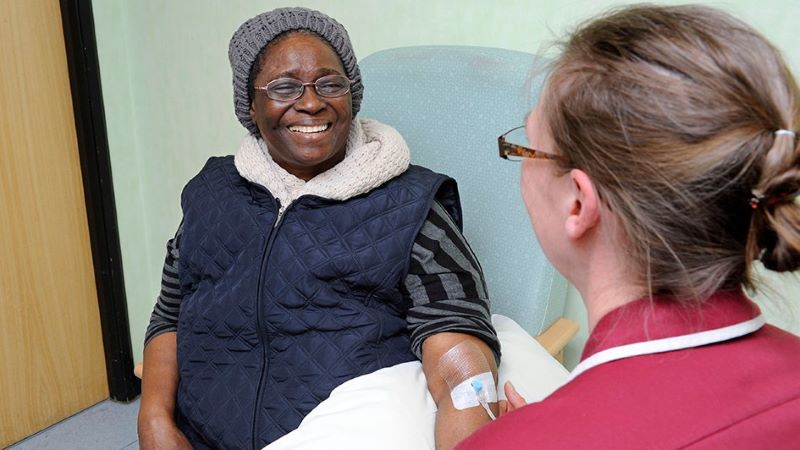
The UK Institute of Cancer Research (ICR) has initiated a Phase I clinical trial of its resistance-busting drug candidate, EP0042, in cancer patients at The Royal Marsden NHS Foundation Trust.
EP0042 was originally discovered in a project led by Spiros Linardopoulos, the former team leader in Target Drug Discovery in the ICR’s Cancer Therapeutics and Breast Cancer Research Divisions.

Discover B2B Marketing That Performs
Combine business intelligence and editorial excellence to reach engaged professionals across 36 leading media platforms.
Discovered at ICR, the drug is a dual inhibitor of cancer-driving proteins from the Aurora and FLT3 families, which means that it inhibits the activity of both simultaneously.
It can potentially counter drug resistance in cancer patients.
The Phase I trial of the drug will be carried out in study centres in the UK, the Netherlands and Australia.
On obtaining successful results from the Phase I trial, the drug will progress to larger trials and could potentially become a novel therapy for cancers such as acute myeloid leukaemia and neuroblastoma.

US Tariffs are shifting - will you react or anticipate?
Don’t let policy changes catch you off guard. Stay proactive with real-time data and expert analysis.
By GlobalDataICR cancer therapeutics head Dr Olivia Rossanese said: “EP0042 is an innovative drug, targeting both Aurora and Flt3, and could ultimately counteract drug resistance in cancers, including acute myeloid leukaemia and neuroblastoma.
“It’s always a real pleasure to see one of our drugs enter Phase I trials – it’s the culmination of our work to translate our scientific understanding of how cancer grows into new therapies to treat patients.”
The ICR-led drug discovery and development research was carried out in partnership with the international oncology-focused drug development company Ellipses Pharma.
According to the collaboration, Ellipses Pharma was fully in-charge of the development programme, including additional preclinical studies and reformulation of the drug product to obtain a clinical trial authorisation.
It also took the responsibility of advancing EP0042 into the clinic for the first-in-human clinical trial and any additional clinical studies required.





